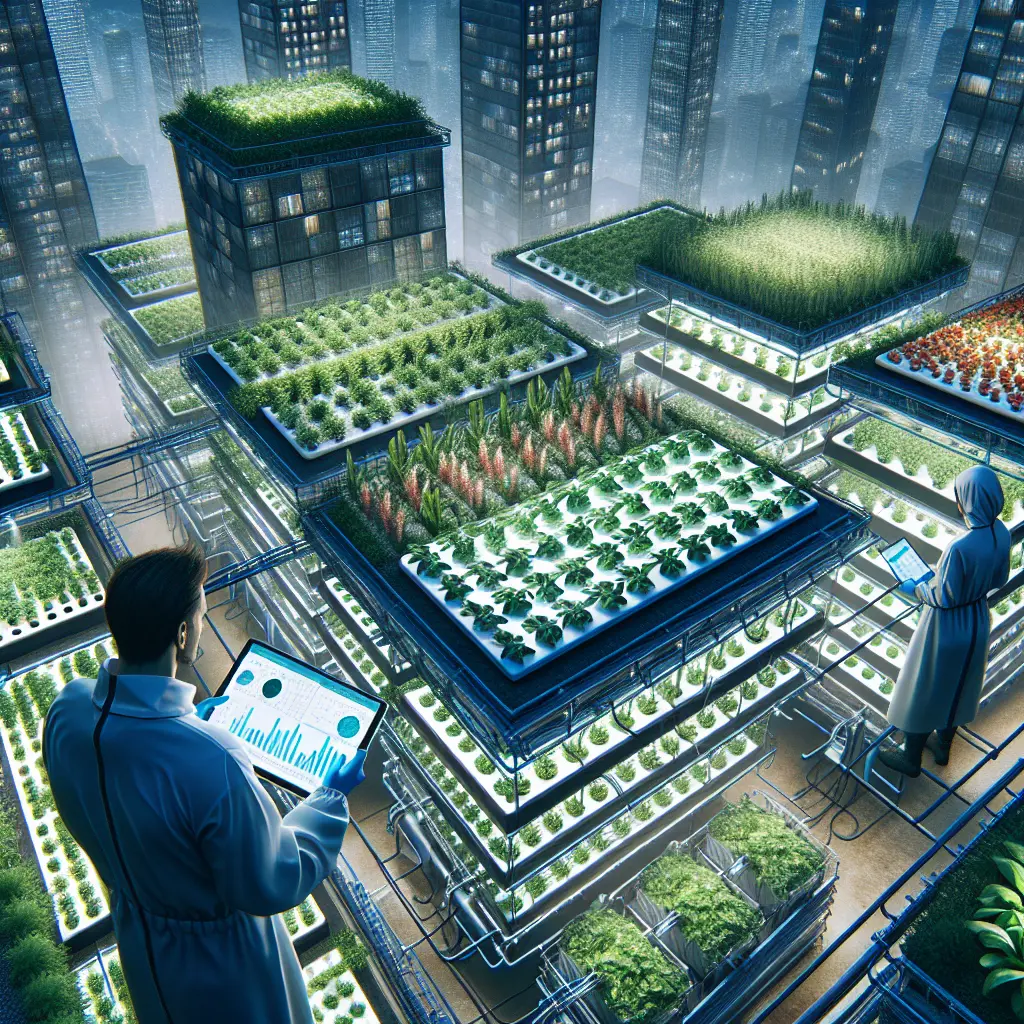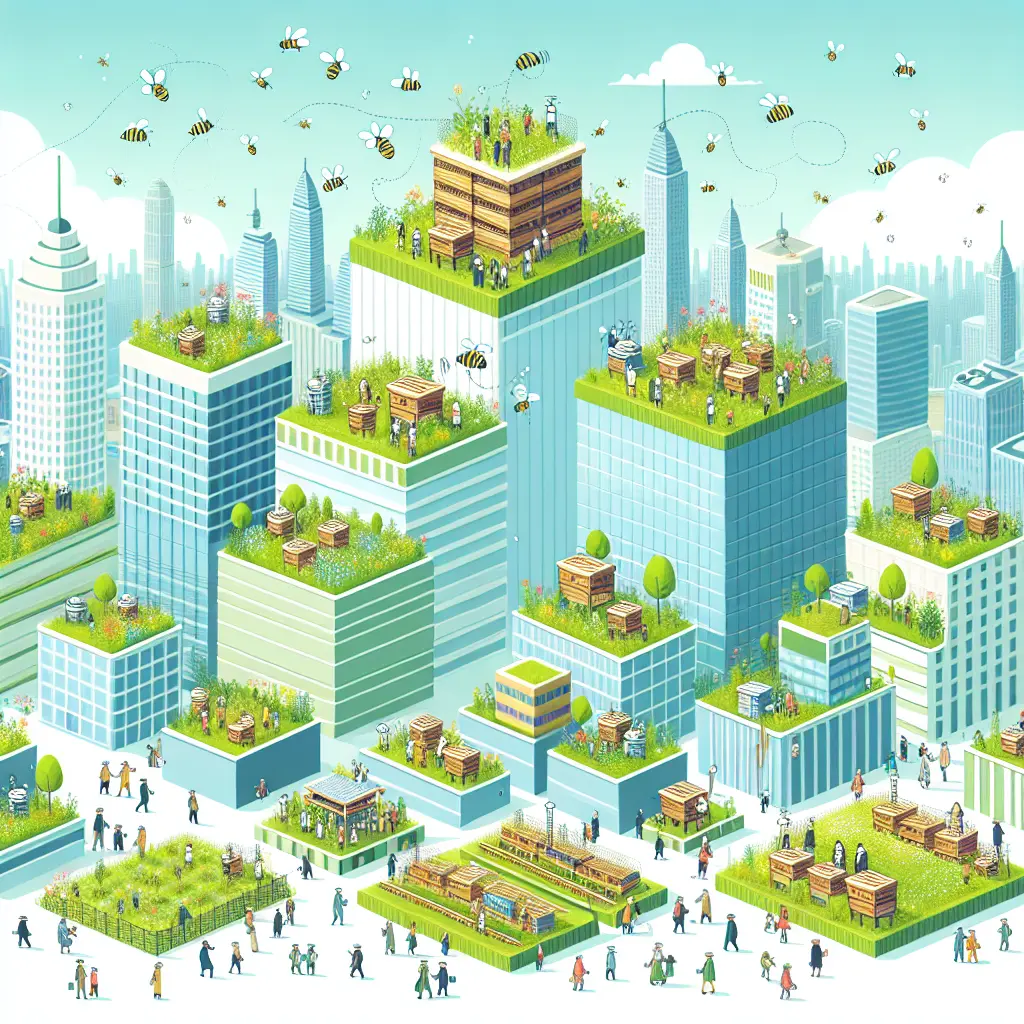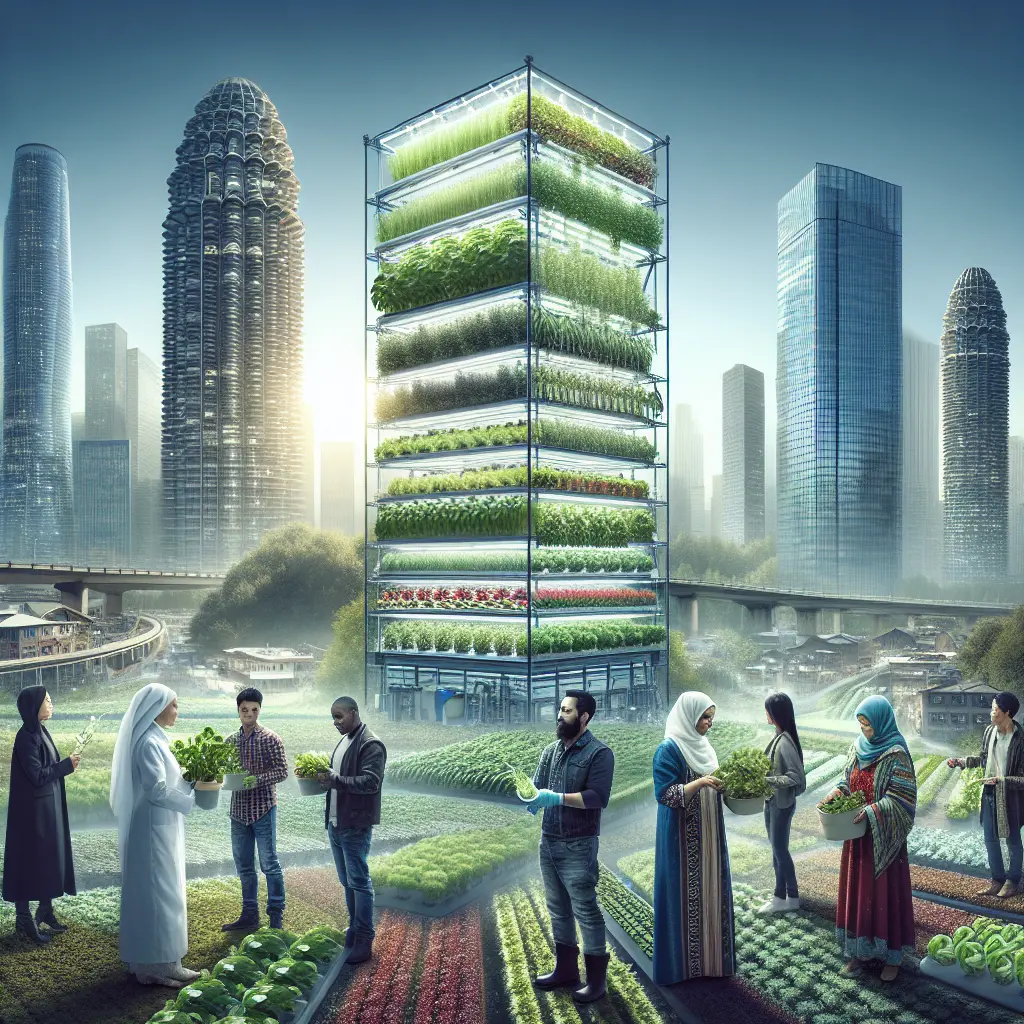In the midst of bustling cityscapes, urban farming has emerged as a beacon of sustainable agriculture, offering city dwellers an innovative way to grow their own food. At the heart of this movement lies hydroponic systems, which are revolutionizing indoor gardening and vertical farming. With the increasing demand for fresh produce and limited space in urban areas, hydroponics presents an ideal solution for small space gardening, transforming any environment into a thriving urban garden.
Hydroponics offers an accessible entry point into the world of urban agriculture. These systems eliminate the need for soil, using nutrient-rich water to foster plant growth. As more people embrace city farming solutions, efficient hydroponic systems provide a pathway to self-sufficiency, allowing individuals to produce fresh, healthy food year-round regardless of climate or location.
The versatility of hydroponic equipment makes it suitable for a wide range of urban garden ideas, from small apartment setups to larger community projects. This adaptability is driving a surge in interest as people seek innovative ways to incorporate sustainable practices into their daily lives. The appeal of hydroponic gardening tips lies not only in maximizing yield but also in transforming urban landscapes into green oases.
Vertical farming, an offshoot of hydroponics, offers another layer of efficiency by utilizing vertical space to increase plant density. This makes it an ideal solution for densely populated areas. These systems not only cater to the growing trend of urban agriculture but also address pressing environmental concerns by reducing the carbon footprint associated with traditional farming.
Urban farming is evolving with new innovations. A notable development is the integration of hydroponics into multifamily housing projects, like the rooftop gardens by Modern Office of Design + Architecture in Calgary, Alberta (source). Such initiatives enhance aesthetic appeal and contribute to the sustainability of urban living spaces.
Addressing Challenges in Urban Hydroponics
Despite their advantages, urban farmers face challenges when implementing hydroponic systems. Ensuring nutrient balance and system maintenance is crucial to preventing plant diseases. Here are some hydroponic gardening tips for optimizing system performance:
Regular Monitoring: Track pH levels and nutrient concentrations to maintain optimal growing conditions.
Adequate Lighting: Ensure sufficient light exposure, especially for indoor setups. LED grow lights are an efficient option.
System Hygiene: Clean equipment regularly to prevent algae buildup and pest infestations.
Sustainable Practices and Future Prospects
Integrating hydroponic systems into urban environments represents a significant step toward sustainability and self-reliance. As cities aim to reduce their carbon footprint, adopting efficient hydroponic systems can play a pivotal role in mitigating environmental impact. The challenges faced by Morocco's cereal farmers due to prolonged droughts underscore the urgent need for alternative farming methods (source).
Hydroponics extends beyond individual households to larger community projects. By transforming underutilized spaces into thriving urban gardens, communities can foster local food production and enhance food security. Innovative solutions like industrial hemp cultivation can complement hydroponic efforts by providing sustainable materials for various industries (source).
For those interested in starting their own urban farm, resources are increasingly available to guide newcomers through the process. The rise of backyard and urban farming movements highlights the growing interest in sustainable agriculture among city residents (source).
Hydroponic systems offer a promising path for urban farming success, combining innovation with sustainability to meet the demands of modern city life. As more individuals embrace these eco-friendly farming methods, the potential to transform urban landscapes into green oases becomes increasingly tangible. By staying informed about recent developments and leveraging efficient hydroponic systems, city dwellers can unlock new opportunities for self-sufficiency and environmental stewardship.
In conclusion, whether you're an experienced gardener or just starting your journey in sustainable agriculture, exploring the possibilities of hydroponics can lead to a more vibrant and resilient urban future. We invite you to share your thoughts and experiences with hydroponic systems in the comments below. How do you envision incorporating these sustainable practices into your life or community? Your insights can inspire others on their journey towards sustainable urban farming.







Leave a Comment